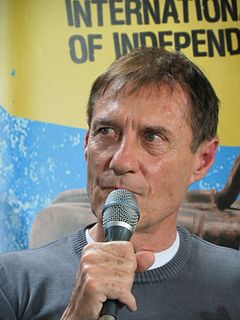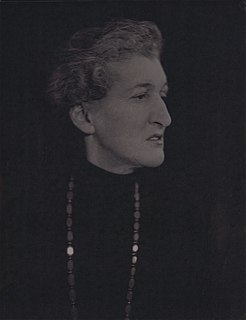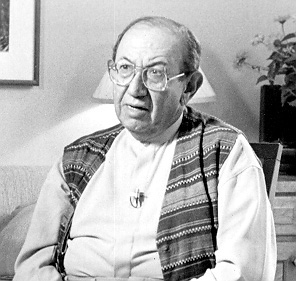A Quote by Napoleon Bonaparte
Related Quotes
The family today counts for less and less. Why? Who knows - the growth of science, the Cold War, the atomic bomb, the world war we've made, the new philosophies we've created; certainly something is happening to man, so why go against it, why oblige this new man to live by the mechanisms and regulations of the past?
No proceeding is better than that which you have concealed from the enemy until the time you have executed it. To know how to recognize an opportunity in war, and take it, benefits you more than anything else. Nature creates few men brave, industry and training makes many. Discipline in war counts more than fury.
A man is not merely a man but a man among men, in a world of men. Being good at being a man has more to do with a man’s ability to succeed with men and within groups of men than it does with a man’s relationship to any woman or any group of women. When someone tells a man to be a man, they are telling him to be more like other men, more like the majority of men, and ideally more like the men who other men hold in high regard.












































